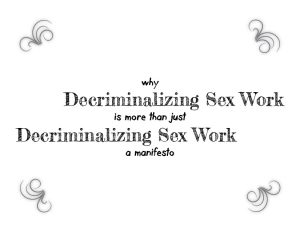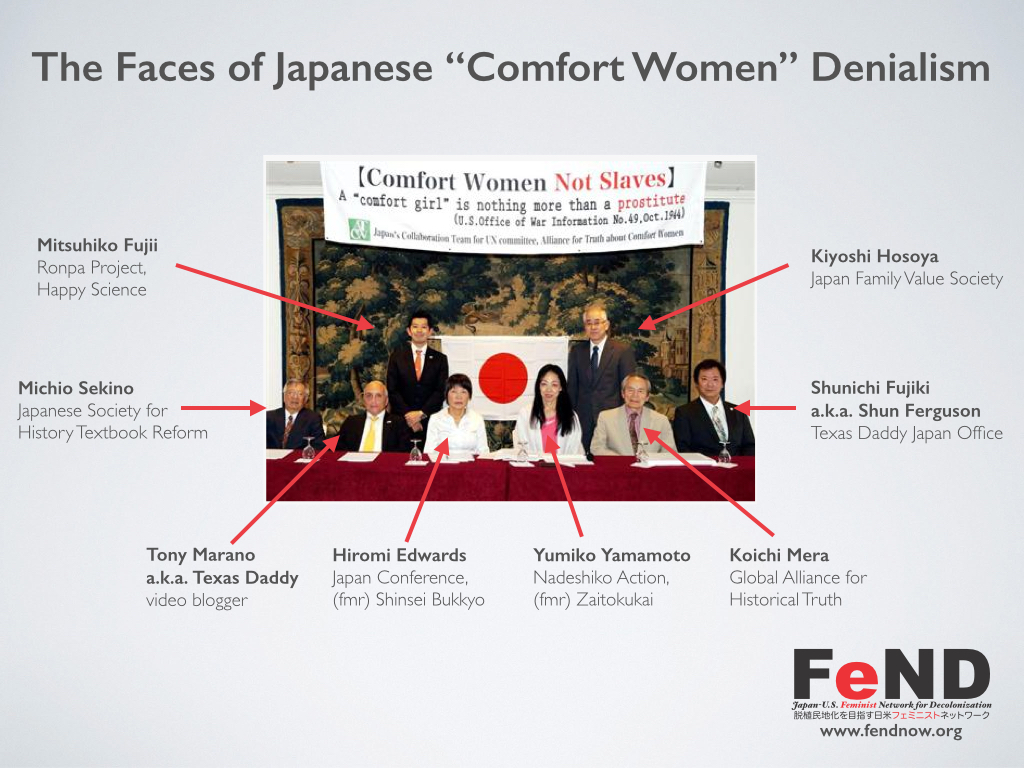Today, April 18th, is the First Annual National Transgender HIV Testing Day. Like everyone else, I was not aware of this new annual observance until just a few days ago, when I was asked by my friends at the Gay City, Seattle’s LGBT wellness center, to be on a panel for it.
According to the Center of Excellence for Transgender Health at University of California, San Francisco that coordinates the Testing Day, “NTHTD is a day to recognize the importance of routine HIV testing, status awareness and continued focus on HIV prevention and treatment efforts among transgender people.”
I get tested, and so do many of my friends. I have no quarrel with recognizing the importance of HIV testing, prevention, and treatment: transgender people, especially trans women of color, trans women who trade sex, and trans people who inject drugs, are at an grossly heightened risk of contracting HIV and other infections, and yet are often left out of awareness campaigns, outreach, and medical provisions that focus on the code word “MSM” (men who have sex with men)–which technically includes (many) trans women (and excludes trans men and gender-variant people) but in practice ignores or marginalizes them.
But I also find it disturbing to see public institutions promote a greater recognition of the importance of HIV testing, prevention, and treatment among trans people, while much of the targeted population continue to live in poverty, homelessness, unemployment, and survival sex.
Economist Emily Oster has pointed out that the HIV epidemic arising from risky sexual behaviors in Sub-Saharan Africa can be explained in part by the low non-HIV life expentancy. Individuals who can expect longer life ahead and are wealthier tend to change their sexual behaviors in response to the increased threat of HIV while those who do not expect to live long and are poor tend to be unmotivated to alter their behaviors. When controlled for other factors, similar observation can be made among gay men in the U.S., according to Oster.
This is something I have personally observed among women (including trans women) who are street-based, who trade sex and/or use drugs: because HIV has a relatively long latency period, those who are struggling to meet immediate basic needs and cannot imagine their distant future discount the present-day value of the risk of HIV infection to close to zero. In other words, one would not worry too much about getting sick many years later if she does not expect to live that long, or imagine having a future anyway.
It is also a survival strategy: we push thoughts about risks we are routinely taking out of our consciousness in order to be able to take risks required for our immediate survival. If so, campaigns aimed at subverting this survival strategy and raising awareness of these risks, even if they are well-intentioned, border on violence.
There are lots of discussions about how public health agencies must improve their outreach and service delivery to trans people, particularly trans women of color, to get them to participate in testing, prevention, and treatment. Of course we should improve them. But the bottom line is, we must build a social environment in which trans women of color, street-based sex workers, injection drug users, and others can expand their imagination into their futures, a psychic space philosopher Drucilla Cornell named “imaginary domain.”
When one otherwise expects to live a long, generally enjoyable life, she will certainly do more in the present to make sure that she will be healthier: it would bring in more trans people to participate in testing, prevention, and treatment than any “cultural competency training” or other trickery. While outreach programs do provide desperately needed employment to some trans people, they are destined to fail in the absence of larger programs promoting broader economic and social justice providing material and psychic necessities for trans people to imagine their futures.
What I am describing may seem merely anecdotal or theoretical, but there is an evidence suggesting that our current strategy of promoting testing, prevention, and treatment among trans women (of color or on the street, especially) has not been as effective as expected based on earlier successes among non-transgender men who are MSM. In a clinical trial conducted by researchers at UCSF and elsewhere which randomly assigned trans women to receive either pre-exposure prophylaxis (PrEP) that can prevent HIV infection or placebo, researchers were baffled to find that the group receiving the free preventative medication did not have lower infection rate compared to the group that received placebo after a trial period. The ineffectiveness of the PrEP provision had to do with “drug adherence”: they did not detect any sign of taking the medication in the bloodstream of the trans women who became infected despite receiving PrEP. Further, while non-transgender male MSM who take highest risks tended to take PrEP more regularly, no such correlation existed among trans women: trans women were no more or less likely to take PrEP consistently regardless of how much risky behaviors they are engaging in.
It is perhaps worthwhile to point out that trans women are taking different types of risks for different reasons than non-transgender men who are MSM. According to the study, “transgender women more frequently reported transactional sex, receptive anal intercourse without a condom, or more than five partners in the past 3 months” compared to non-trans male MSM. In other words, trans women are often engaging in risky behavior in order to provide for themselves and to survive, rather than for pleasure, which presents them with unique sets of vulnerabilities as well as an internal need to desensitize themselves to the risks they are taking.
As of today, PrEP costs over $1,000 per month which is out of reach for most trans women, but public health officials in cities like San Francisco (through the Healthy San Francisco program) are rushing to throw the medication at trans women. But I wonder: what could trans women do if they simply had extra $1,000 per month in cash instead? Wouldn’t it allow them to stop taking so much risks just to survive, and perhaps afford them an opportunity to take care of their health better, a space to imagine a future that is worth living in?
In the meantime, I question why UCSF, CDC, and other institutions are promoting the recognition of “the importance of HIV testing,” prevention, and treatment among transgender people. It cannot be because the society values the lives of trans women of color so much, when so many of them continue to be abandoned in poverty, homelessness, unemployment, and survival sex. I wonder if the real, if unconscious, motivation behind such projects is to protect (mostly) white, middle-class, non-transgender men who buy sex from trans women and their families.
I am not doubting the sincerity of individuals involved in these projects on the frontlines, especially since many of them are also members of trans communities. But I continue to be suspicious of the larger institutions that promote HIV testing in isolation of other, more immediate needs of many trans women of color.
[last edited in September 2016]


